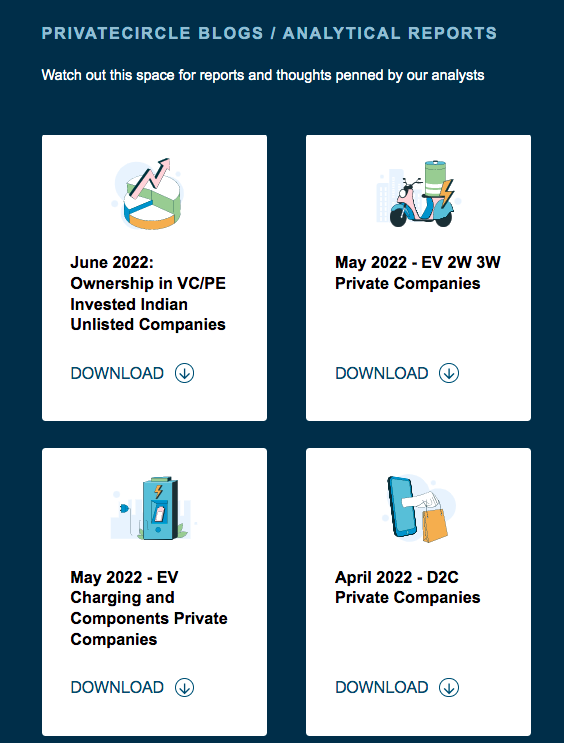Over the last few years, we saw a lot more coverage of institutional investors’ activity in private markets. Founders themselves have been diluting their stake at a fast clip to raise capital. To understand such dilution and VC/PE activity in unlisted companies, we take a long view and track deal activity and ownership trends from 2012 in the country. We tracked 2412 companies that had at least one VC/PE round ever and draw trends in their own year on year.
We split our analysis to show different cuts among different investor types.
- The first cut is between promoter and non-promoter: Promoters seemed to have opened up more to dilution in recent years. Promoters on average are now owning below 50% from the 81% back in 2012.
- Second, cut, we split the non-promoter group as institutional (primarily VC/PEs) and Others (like angels, HNIs, family offices, or companies doing strategic investments): VC/PE ownership in companies has on average grown 5X since 2012, and currently stands at 26%.
- In the third cut, we segregate the HNI portion out of the Others: Here we see between 2013-2016 HNIs are increasing their ownership similar to VC/PEs. After that VC/PEs continued to grow, but HNIs’ ownership stabilized. The role of HNIs and other non-institutional investors in providing liquidity to the unlisted space remains sizeable.
Click here to read more about Investment options for HNI
Our findings
The number of unlisted companies that do get VC/PE funding is still a minuscule proportion of the companies that emerge. Hardly 1 in 150 companies get any institutional backing. There is large headroom to grow deal volumes by all types of investors not just VC/PEs. Efficient deal discovery and closures are more important than ever, with historic new business formation rates in the last few years.
Find more details in the report available at https://privatecircle.co.

